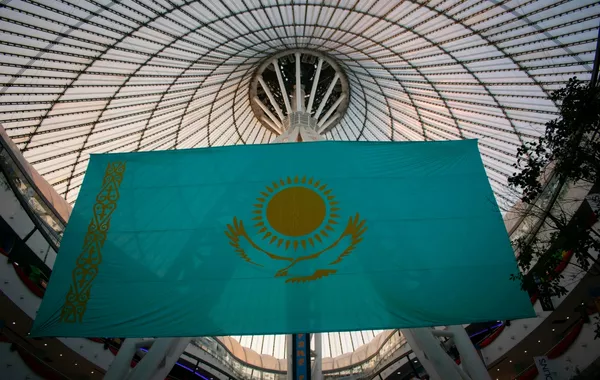
Photo credit: inf.ethz.ch
As Kazakhstan progresses with its digital transformation in education, creative industries, and social inclusion, new initiatives are being introduced to ensure that no one is left behind, including youth who were previously incarcerated.
On Oct. 30, a training seminar, titled Ideas Come Alive Through Artificial Intelligence, introduced participants to the creative and practical applications of AI tools for personal development and social reintegration, The Caspian Post reports citing The Astana Times.
The seminar, held under the ReStart project, brought together young people who had previously served criminal sentences, as well as their families, educators, psychologists, and volunteers.
Participants explored how artificial intelligence can be used for creative expression, self-presentation, and idea development, reported the Public Information Fund press service.
The program went beyond theory under the guidance of designer Aida Saukymbayeva, as attendees worked with AI tools such as ChatGPT and Canva to create digital projects including posters, resumes, social media posts, and short stories.
The ReStart project, implemented with the support of the Ministry of Culture and Information of Kazakhstan, is a pilot initiative running from March 2025 to November 2026 in Astana, the Karagandy and Akmola regions. Its mission is to support the rehabilitation and social adaptation of young people aged 14 to 35 who have completed prison sentences.
By integrating digital skills training with social rehabilitation, ReStart helps participants regain confidence, build employable skills, and envision a positive future.
Share on social media


